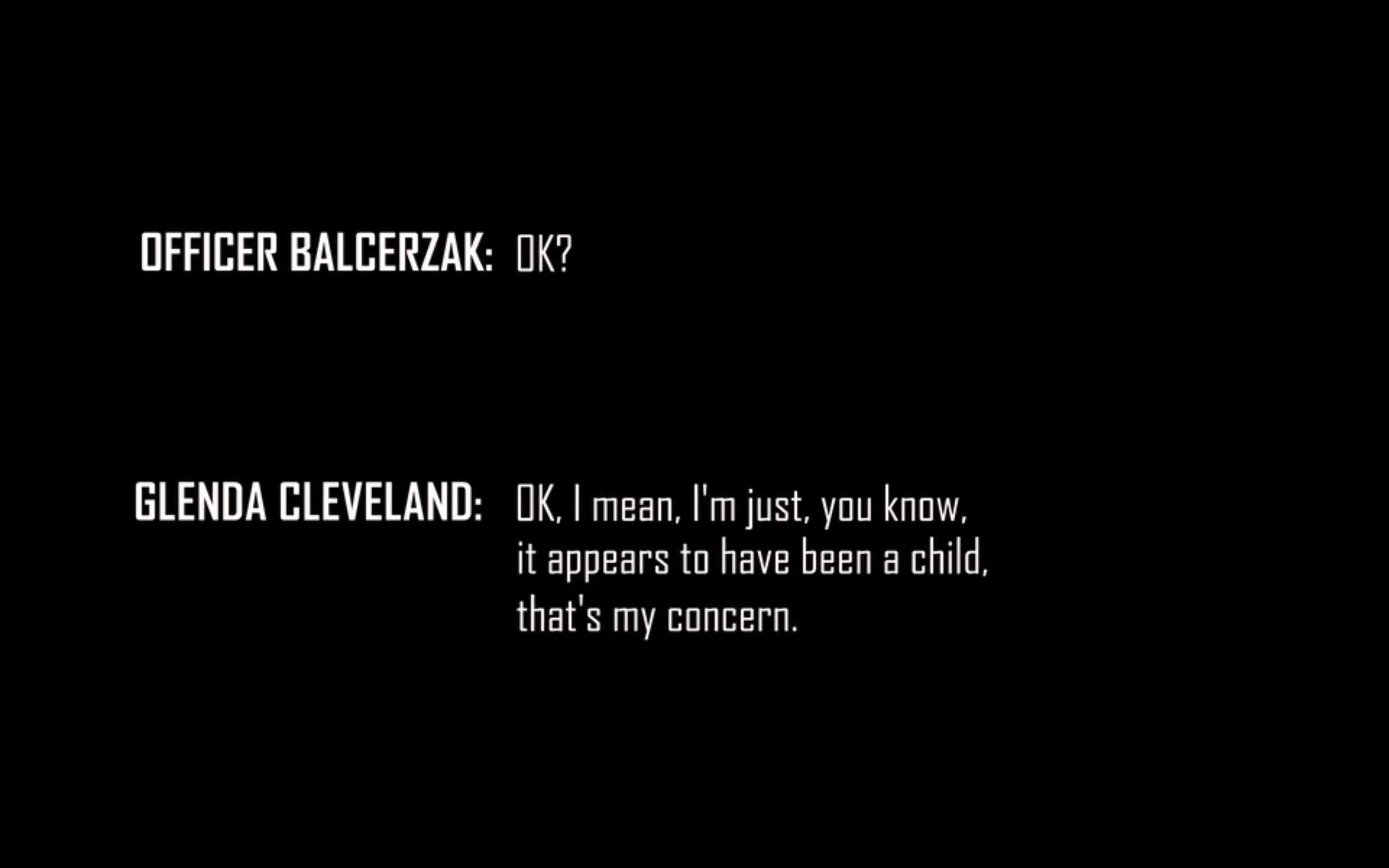9:23:22
Below are two scenes from two different episodes from Ryan Murphy’s deplorable new Netflix series, Monster: The Jeffrey Dahmer Story. I can barely get through an episode because it is so upsetting, disturbing, and pointlessly exploitative. I feel like I am watching a snuff film. I don’t want to be inside the mind of this kind of person, this kind of film, this kind of tragedy. What is there to learn about Dahmer that we don’t already know?
Murphy, Evan Peters (who plays Dahmer), and other cast members defend the series by insisting that it’s not from Dahmer’s point of view, so that makes this current take on Dahmer different and “important.” It also supposedly honors the victims (to be fair, I have only watched 4 out of the 10 episodes, so maybe that will turn out to be true at some point. But given what I’ve watched so far, and what I know about Murphy’s body of work, I doubt it). So whose point of view is it from? If not Dahmer’s, which I believe it is since the entire series focuses on him, it’s first and foremost asking us—as most things do now—to identify with the psychology and world view of demoralization and degradation. Because that is what being “human” means these days. Only what is being human these days—total immersion in incoherence and degradation?
Do these people even know what POV is? Does Murphy? Maybe if he had actual talent, or scruples, he would know what he was talking about. He doesn’t. He’s a greedy hack posing as a 21st century mainstream auteur of some kind. To me, he seems only to be interested in the narcissism and metaverse of his own “creative” domination.
Murphy has made a career out of glamorizing, campyfying, and nostalgizing horror. The look of horror. The identity politics of horror. What one reviewer refers to as Murphy’s “corny sensationalism of Dahmer.”
Projects like these always bring me back to the same basic question: why do we keep telling the same terrible stories we already know? What stories do we not tell in order to keep telling a story like Dahmer over and over? What does the Dahmer story cover up? What secrets does it keep? A series like this—like Murphy’s other horror stories—traps us in a kind of spectatorial amber. We are encased in the subterfuge of false narratives. False narratives that pretend to tell us something we already know in order to keep bigger—more criminal—truths at bay. At this late stage, after everything that has happened the past 2.5 years, what is the point of these kinds of streaming shows and movies? What is the point of these kinds of performances?
The two moments below that I’ve screen grabbed tell us a lot about how our American society works (I can only really speak for my own country).
The first image is screenshot of a call that was placed to the Milwaukee police dept by Dahmer’s next door neighbor about a 14 year old boy he ended up drugging and murdering. Somehow the boy managed to escape from Dahmer only to be returned to him by the cops who came to Dahmer’s apartment after the neighbor placed her call to the police. The neighbor purportedly later called again to check up on what happened. She was concerned about a man in his 30s (Dahmer) claiming that a catatonic, bloody, naked child running out of his apartment was his “live-in boyfriend.”
The second scene concerns the numerous and dangerous drugs that doctors prescribed to Dahmer’s depressed mother while she was pregnant. These toxic and lethal drugs were rationalized because they came from the medical establishment.
Do you see the connection?

